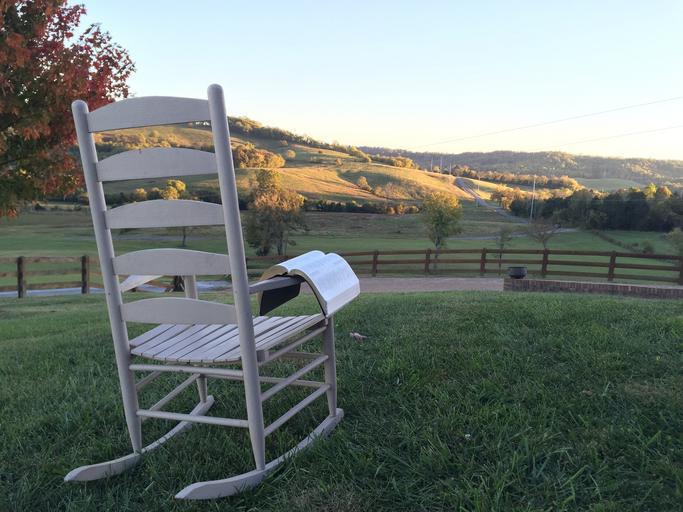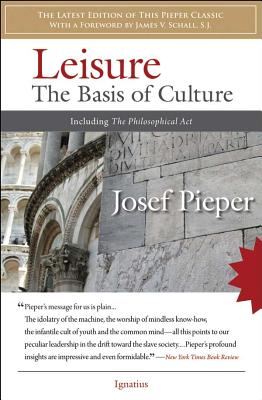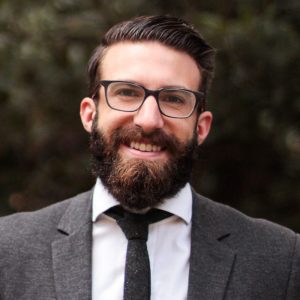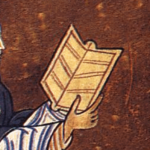Black Mountain, NC. For what purpose is our suffering? If this year of COVID has accomplished anything, it’s forced me to slow down. If you can remember back to those beginning months, there was one long pause from our collective work-a-day world. What do I do now? At first, it was a nice break. But then, slowly creeping inside me a question lingered: Why is this happening? Outside of the normal tragedies of the year (death and dying, “normal” sickness, marital challenges, etc.), there is the heartache compounded by the hundreds of thousands of deaths due to our current crisis. It makes virtual education or teaching in masks pale in comparison, but these are real exasperations at the same time. And what are we do with such suffering, in both its extreme and mundane variants?
In a purely secular mindset, these sufferings are interruptions to our otherwise meaningful and busy lives. The way to get through them is to outlast them and then return to “normal.” In our modern world, when we are trained to find fulfillment in our career, there is little time for deep thought or emotion. Grind through it. Get to the next day. Keep going. The good life is coming. Whole universities are now devoted to churning out skilled laborers—even if that means cutting entire humanity departments. Job skills and upward mobility seem to be more important than profound people, able to feel and think well about the mysteries of life.
Many think this reality is unfortunate but necessary. Institutions need to balance the budget and make money, and this is the way forward. Unless a pandemic hits. And you lose your job, and with it, your source of income along with meaning and purpose. Or some other suffering or tragedy happens like a death in the family. What sources of life will sustain students then? How are we preparing young adults for the parts of life that happen beyond work and wealth?
Enter the liberal arts for trying times. The liberal arts certainly aren’t a fix or savior for pandemics, but they do cultivate a sense of meaning beyond achievement. In essence, they help form a certain type of person more than a certain set of skills. The liberal arts can help give resources to students when a job isn’t quite as fulfilling as it once was, or satisfaction in a vocation wanes, or when a pandemic hits. To develop depth as human beings requires slowing down and self-reflection. And the liberal arts cultivate this slowness—a slowness forced upon many when the pandemic shut things down. How will we respond when hell erupts and heaven seems to be in retreat? The liberal arts are needed in our instrumentalized world.
A major problem, though, is that the liberal arts themselves have been instrumentalized toward the market. They are pitched primarily as leading to employment. Why the liberal arts? For more effective communication. Writing skills for memos. Teamwork and collaboration. Critical thinking, etc. The liberal arts are good because they make students marketable to industry.
Before the pandemic took over, I was leading a class through Josef Pieper’s classic, Leisure: The Basis of Culture. Written to counter industrialists who value work as the highest good, Pieper argues that actually leisure is the prime good of life—not effort or production. He contrasts contemplation with observation. “To contemplate, on the other hand, to ‘look’ in this sense, means to open one’s eyes receptively to whatever offers itself to one’s vision, and the things seen enter into us, so to speak, without calling for any effort or strain on our part to possess them.” He goes on, “the highest form of knowledge comes to man like a gift—the sudden illumination, a stroke of genius, true contemplation; it comes effortlessly and without trouble.” Pieper provides an imaginative vision that contrasts to our utilitarian world: the liberal arts, those arts meant to liberate (as opposed to the servile arts), are non-utilitarian, non-useful—they serve no other end than the good of themselves. Rather than the good in our modern world as working hard and the denial of gift, such education forms us to be receptive, contemplative. The main posture of such an education is slowing down, rest, seeing. But if we just train students to only strive, reach, stretch for something more, then suffering will come as a wasteful, meaningless interruption. We’ll nurture practical secularists.
Thus, the liberal arts can support students in times of lament—when nothing makes sense and the world feels like it’s crumbling. What sources can we provide upcoming adults when their lives seem non-useful? In poetry, we give words to longings of the heart. In music, we experience emotion where words fail us. In literature, we’re taken through a range human experience to better interpret our own. In history, we see those who have gone before us and how they’ve related to the world in such a way to assist our own living today. In mathematics, we bring order to chaos in a way that might help order our own lives. In essence, we become more humane in dealing with our common humanness. The liberal arts don’t evade pain but give us words and works to more deeply enter into it. And by entering into the hurt, we may be able to cleanse and renew our vision.
Leisure is the realm of existence beyond the utilitarian world. An education should allow students leisure time for attention. To attend to something is to exercise loving care and concern for that thing, but there needs to be a time to attend free from the burden of immediate usefulness. Before we ask, “What is this good for?” we wonder, “Where is there goodness?” The liberal arts names a rich tradition of conversation—in different modes and disciplines—about this search for the good even amid trying times. There ought to be a time to leisurely exercise loving attention to these matters of ultimate concern. In training our attention in this way, the liberal arts shape us to look at our own stories and our own lives as participating in this long conversation: where is there goodness beyond use? How can I live when I feel useless? In asking these questions, we may remember that there is more to our lives than their economic value.
Pieper goes on to make the argument that the thing leisure prepares us for is celebration as seen mostly fully in divine worship: the ultimate thing that has no higher end, the activity in which our souls are fulfilled. The liberal arts as such are a secondary good, but they are also good in and of themselves. They function to teach and train students to value something beyond their economic impact. Disconnecting education from formation in the liberal arts may not be as harmful as disconnecting education from Christian discipleship, but it remains a tragic mistake with serious consequences.
In times of sorrow, the seemingly useless things end up being the most sustaining.







1 comment
Brian D Miller
It is always a mistake, taking pen to paper, to reply to someone arguing from the vantage point of salary and position. And even though FPR is home to many a Liberal Arts professor and I was a graduate in the field (although, having gone to LSU, where Randy Newman sang, “they go in dumb, come out dumb, too. Hustling around Atlanta in their alligator shoes,” perhaps anything I have to offer should be shorted) yet, let me plow on.
I’m uncomfortable with the work vs. leisure argument. It seems to point towards the inevitable position that the arts belong and are best interpreted and/or created by an elite properly trained in leisure. That our best culture arises then out of those soft hands. I’m not demeaning the scholarship or the teaching of the professions within the Liberal Arts. But there seems to lurk within the words of this piece both a devaluation of work and a justification for the professionalization of the creative arts.
Is the stone mason not an artist? Someone without an advanced degree incapable of writing a sonnet? A novel? The woodworker not capable of the artistic? I’m reminded of the young woman, finishing up her L.A. degree, who volunteered at our farm. She called me a few months later. “I’ve decided to farm. I’m looking around the country for the best master’s program to teach me. What do you suggest”?
Culture springs from our hands in the soil, our eyes on the night sky, our wonderment of what we created and of creation all around us. It can be hard to distinguish this between tract homes, interstates, 24/7 shopping and the drum of education. But that is civilization and a separate issue for us to tackle.
Comments are closed.